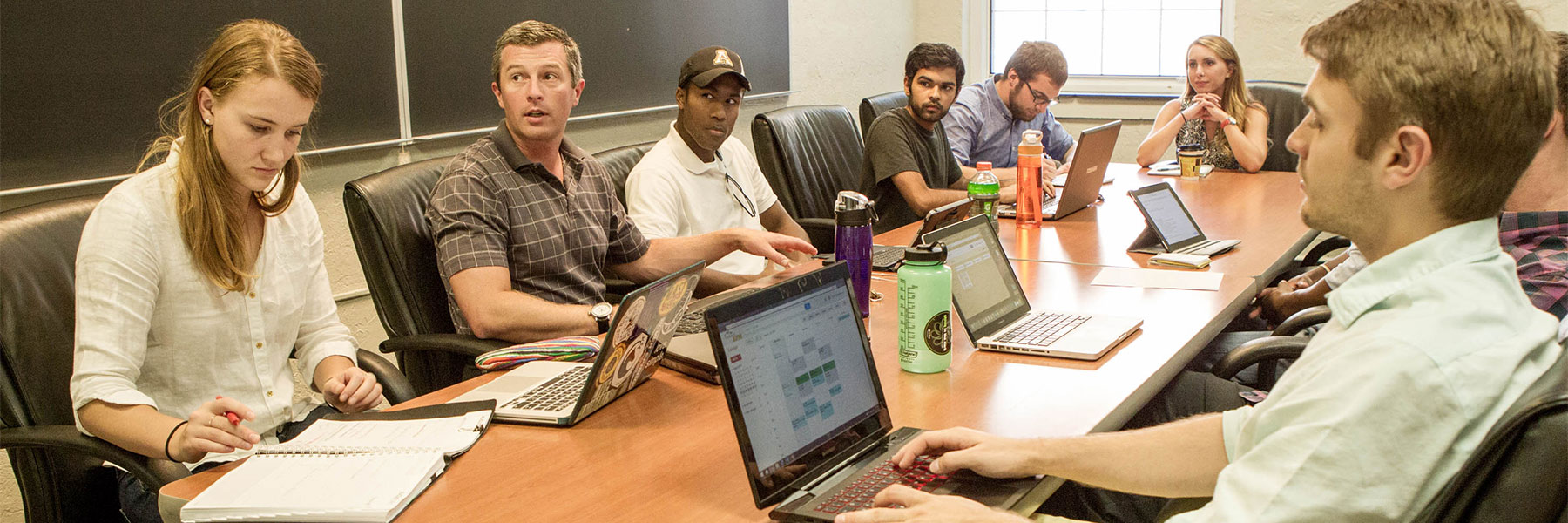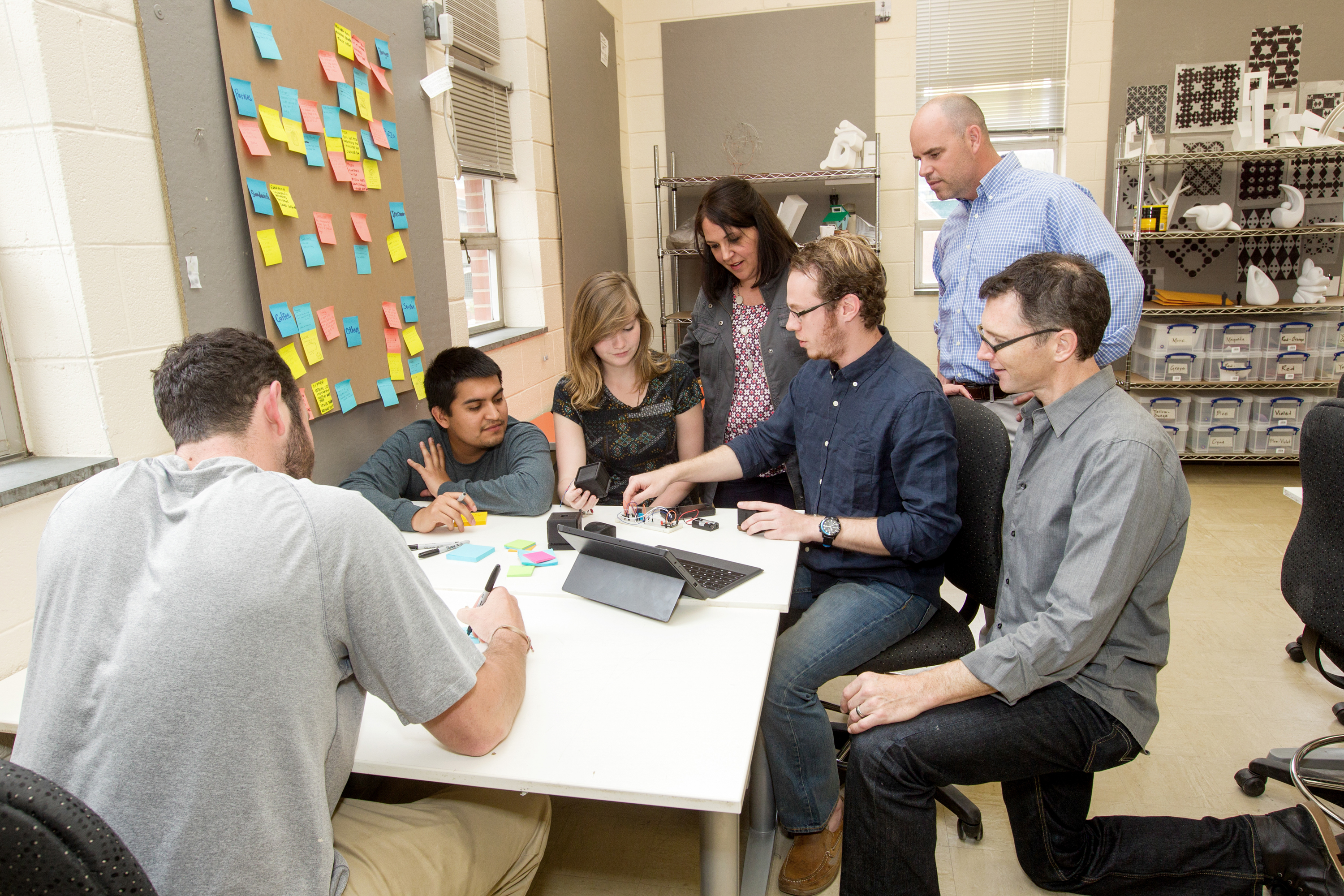
The Mathematics Education Leadership Training (MELT) Program was established to provide support and professional development for K-12 mathematics teachers in North Carolina and the other states.
For a quarter of a century, Mathematics Education Leadership Training (MELT) has been at the forefront of empowering educators with innovative strategies and resources to enhance mathematics teaching. This milestone year promises to be extra special, featuring a series of enriching workshops, inspiring keynote speakers, and opportunities to connect with fellow educators passionate about mathematics education.
Tuition Cost : $100 per person per institute. Don't miss out to be part of a legacy of excellence and innovation. Register and be a part of the MELT community as we continue to shape the future of mathematics education together!
Join the Mathematics Education Leadership Training (MELT) Summer Institutes! For a quarterof a century, MELT has been at the forefront of empowering educators with innovative strategies and resources to enhance mathematics teaching. This milestone year promises to be extra special, featuring a series of enriching workshops, inspiring keynote speakers, and opportunities to connect with fellow educators passionate about mathematics education. Don’t miss out on this unique chance to be part of a legacy of excellence and innovation. Register now and be a part of the MELT community as we continue to shape the future of mathematics education together!
Each institute provides up to 3 continuing education credits (CEUs). Registration opens January 2026.
Institutes held on the Boone campus are in person Monday through Thursday in Walker Hall.
Week 1: June 22-25
AI in K-5 Math Teaching: Novice to Intermediate
AI in K-5 Math Teaching: Intermediate to Advanced
Process-Oriented Guided-Inquiry Learning (POGIL) in 9-12 Math
Teaching K-8 Math with Manipulatives
Teacher Survival, Growth, and Wellness (K-12)
Week 2: July 6-9
AI in 6-12 Math Teaching: Novice to Intermediate
AI in 6-12 Math Teaching: Intermediate to Advanced
Building Thinking Classrooms in K-5 Math
Current and Future Courses and Standards in 9-12 Math
Teaching K-12 Math with Emergent Multilingual Learners
Week 3: July 13-16
AI as a Cognitive Partner: Individualizing AI Investigations (K-12)
Building Thinking Classrooms in 6-12 Math
Catching Kids Up in K-12 Math
Games, Curiosities, and Anomalies (K-8)
Teaching K-12 Math with Exceptional Students
Credit
Continuing Education Credits (CEUs)
Each institute provides a maximum of 3 Continuing Education Credits (CEUs), depending on the participant selection and the level of participation by each registrant.
Graduate Credit
Participants who wish to receive academic credit for graduate courses associated with the MELT institutes (2 credits per institute) must be enrolled as a graduate student at App State. In addition to attending the institute, participants will be required to complete several graded assignments under the supervision of the MELT Director.
If you have additional questions or need assistance with the process for academic credit, please contact Dr. Quinn Morris, Mathematics Graduate Program Co-Director, morrisqa@appstate.edu.
Contact
For more information regarding the MELT Program and MELT Institutes, contact
Michael J. Bossé, Distinguished Professor of Mathematics Education and MELT Program Director
bossemj@appstate.edu
Phone: (828) 262-2862
Registration
 Registration opens January 2026!
Registration opens January 2026!
Participants are limited to one session per week. Registrations will be accepted until Institutes are filled.
Cost and Cancellation
Fee: $100 per person per institute.
Tuition is non-refundable. Cancellations received in writing will receive credit for the MELT program in the following year.
The MELT Program reserves the right to cancel Institutes no less than three weeks before the first day of the Institute. If Institutes are cancelled, affected registrants will receive 100% reimbursement for their MELT Registration fees or be allowed to attend an alternate Institute.
Program History & Outcomes
Since MELT's inception, nearly 1,000 teachers and mathematics educators have attended summer workshops and earned either continuing education units or graduate credits, and more than 60 teachers have received funding to assist them in obtaining their Master's Degree in Secondary Mathematics Education. Other benefits to participants and their students have been found to be invaluable.
Outcomes
Since 1998, MELT participants have reported the positive impact that involvement in MELT has had on them as professionals and on their students; among others, these include:
- Gaining an understanding of how to purposefully and appropriately use technology to help students learn mathematics more meaningfully;
- Becoming more excited and energized about teaching, in some cases providing the support necessary to remain in a teaching career;
- Students' improved test scores, including North Carolina End Of Course (EOC) exams (prior to the implementation of the CCSSM);
- Being provided financial support to complete a Master's Degree;
- Developing a network of professional colleagues; and
- Extending their reach as mathematics education professionals beyond their classroom, with MELT participants making presentations in their districts, in the region, at state conferences, and, in some cases to include presentations at national and international conferences.
History
The Mathematics Education Leadership Training (MELT) Program was established in 1998 through a grant from the Cain Foundation to provide support and professional development for high school mathematics teachers throughout North Carolina and the greater Appalachian region of the United States.
Over the years, support for the MELT Program has come from multiple sources:
- Gordon and Mary Cain Foundation
- The ASU Mathematics and Science Education Center
- The ASU Mathematical Sciences Department
- The ASU Hubbard Center for Faculty and Staff Support
- Teachers Teaching with Technology (T³)
- Texas Instruments, Inc.
- The University of North Carolina Mathematics and Science Education Network
- The Shodor Education Foundation
- The National Science Foundation
- The Mathematical Association of America
- Individual Philanthropic Donors
Accommodations & Activities
Hotels
Book your accommodation through hotels with special rates for institute participants. (Special Rates will be posted once accommodations are confirmed).
![]()
Things to do
Find activities, attractions and deals while you're in the High Country. There's something for everyone!
Course Descriptions
Institutes held on the Boone campus are in person Monday through Thursday in Walker Hall.
2026 Course Descriptions
INSTITUTE DISCRIPTIONS
AI in K-5 Math Teaching: Novice to Intermediate (3 CEUs, Math or General). Step
confidently into AI-supported elementary mathematics. This Institute introduces K-5 educators
to core AI tools and practical classroom workflows that save time while strengthening
mathematical topical coverage and problem-solving. Through hands-on labs, model prompts, and
low-risk classroom pilots, participants learn to differentiate tasks and feedback, design formative
checks, and streamline planning and grading without sacrificing professional judgment. We will
establish guardrails for privacy, bias, and academic integrity, and leave you with reusable
templates, rubrics, and an implementation plan.
AI in K-5 Math Teaching: Intermediate to Advanced (3 CEUs, Math or General). For more
experienced AI users ready to deepen practice, this Institute focuses on building durable AI
workflows for K-5 math. Participants will craft prompt libraries, chain prompts for multi-step
tasks, calibrate AI-generated items to standards, and create dynamic feedback systems that adapt
to student responses. We will compare tools, vet data privacy options, and design class policies
that cultivate ethical use among students. Leave with classroom-ready exemplars, automation
recipes, and metrics to evaluate impact on learning and teacher time.
Process-Oriented Guided-Inquiry Learning (POGIL) in 9-12 Math (3 CEUs, Math or
General). Bring inquiry to life in secondary mathematics with structured roles, targeted process
skills, and guided discovery. This Institute unpacks the POGIL cycle for Algebra, Geometry, and
Statistics, including activity design, facilitation moves, and strategies for equitable group work.
Participants will analyze sample POGIL tasks, write their own model-explore-apply sequences,
and build formative checks that surface thinking without over-scaffolding. You will leave with
ideas for POGIL activities, role cards, and routines that fit real bell schedules. Moreover, you
will experience POGIL from the students’ perspective in preparation for leading POGIL
environments.
Teaching K-8 Math with Manipulatives (3 CEUs, Math or General). Harness the power of
physical and virtual manipulatives to advance conceptual understanding. This Institute pairs the
concrete-representational-abstract progression with selection criteria, task design, and classroom
management moves for fractions, ratios, place value, operations, geometry, and measurement.
Participants will examine representational strengths and limits, anticipate common
misconceptions, and align manipulative use with the mathematical practices. Walk away with a
deeper understanding of math manipulatives, empowering you to assist your students.
Teacher Survival, Growth, and Wellness (K-12) (3 CEUs, General). With the high rates of
teacher burnout and attrition, we need to sustain the work and the worker. This institute focuses
on practical strategies for workload management, setting boundaries, school politics, and
implementing time-saving systems, including grading efficiencies, AI-assisted routines, and
collaborative planning habits. Participants will build personalized wellness plans, practice stress
management micro-skills, and design team agreements that protect instructional time. Expect
practical tools you can use immediately, from email scripts to calendar rhythms, so you can teach
well, live well, and both survive and thrive as an educator.
AI in 6-12 Math Teaching: Novice to Intermediate (3 CEUs, Math or General). Prepare and
launch your secondary math AI toolkit. Through guided labs, participants will generate tasks and
exemplars aligned to standards, differentiate practice sets, craft targeted feedback, and streamline
assessment cycles. We will set clear ethical guidelines, model student-facing uses, and practice
simple automation that returns hours to instruction. You will leave with polished prompts,
classroom policies, and a rollout plan.
AI in 6-12 Math Teaching: Intermediate to Advanced (3 CEUs, Math or General). Advance
from competent to cutting-edge AI integration in instructional planning, implementation, and
student learning. This Institute tackles prompt chaining for complex problem solving, item
calibration and versioning, rubric-aligned feedback loops, and AI-supported analysis of student
work. Participants will evaluate privacy options, design equitable access plans, and build class
workflows that improve reasoning and writing in mathematics. Deliverables include curated
prompt libraries, automation blueprints, and evidence trackers to measure gains in both learning
and teacher efficiency.
Building Thinking Classrooms in K-5 Math (3 CEUs, Math or General). Design a primary
classroom where students take the lead in thinking. This Institute translates research into daily
routines that spark curiosity, productive struggle, and collaborative problem solving. Participants
will experience rich tasks, practice visibility and mobility routines, and plan consolidation that
turns work into learning. Leave with task sets, grouping strategies, note-making structures, and
assessment ideas that elevate reasoning for every young learner. You will experience BTC from
the students’ perspective in preparation for leading BTC environments.
Current and Future Courses and Standards in 9-12 Math (3 CEUs, Math or General). North
Carolina is soon to announce its new high school courses and standards, which will be fully
implemented in the coming years. Navigate today’s and tomorrow’s secondary mathematics
landscape with clarity. This Institute surveys current courses, emerging college/career pathways,
course progressions, standards associated with such, and adoption and implementation timelines.
You will leave with a deeper and comparative understanding of the content, assessment, and
pedagogy of respective current and future courses.
Teaching K-12 Math with Emergent Multilingual Learners (3 CEUs, Math, Literacy, or
General). Adopt an asset-based approach that leverages language as a resource for doing
mathematics. This Institute blends languaging strategies, math-language routines, and
multimodal supports to increase access to problem solving and discourse. Participants will
design tasks that invite multiple representations, plan scaffolds that do not reduce cognitive
demand, and build formative assessments that value sense-making. Expect practical sentence
frames, visuals, and participation structures that expand opportunity for every learner.
AI as a Cognitive Partner: Individualizing AI Investigations (K-12) (3 CEUs, Math, Literacy,
or General). Recalibrate AI as a teacher or student thinking companion for individualized,
interest-motivated, inquiry-based, deeper investigations in math or other subjects and topics.
Come with your own topical inquiries (or we can provide some topics) or learn how to guide
students in using AI to ask better questions, compare strategies, test conjectures, reflect on their
reasoning, and continually delve deeper into investigations. We will establish guardrails for
academic integrity, teach the critical evaluation of AI outputs, and develop rubrics that reward
metacognition and effective argumentation. This is your opportunity to dive deeply into
investigations for which you have never had the time or AI know-how. Experience this on your
own to prepare you to bring this to your students.
Building Thinking Classrooms in 6-12 Math (3 CEUs, Math or General). Turn secondary
math rooms into engines of visible thinking. This Institute focuses on task design that precedes
teaching, collaborative structures that reduce status, and consolidation moves that surface
generalization. Participants will plan sequences that bridge from non-curricular starters to course
targets, develop note-making and check-your-understanding routines, and align assessments with
problem-solving goals. You will leave with lesson ideas, understanding of facilitation scripts, and
a personalized implementation plan. You will experience BTC from the students’ perspective in
preparation for leading BTC environments.
Catching Kids Up in K-12 Math (3 CEUs, Math or General). Yes, many of your students are
coming to your class having fallen behind by several years in mathematics. So, what do you do?
On what concept and skills are they behind? Are there commonalities in how and where they are
behind? And how do you catch them up while still progressing forward in your current class
curriculum? This Institute recognizes students’ most consistent conceptual and procedural
shortcomings. It equips educators with just-in-time supports, diagnostic routines, and bridging
tasks that close gaps while keeping students engaged with grade-level content. Participants will
design mini-lessons for high-leverage concepts, plan small-group cycles, and build progress-
monitoring tools that inform next steps. Expect practical materials, family-friendly
communication templates, and schedules that align with real-world classrooms.
Games, Curiosities, and Anomalies (K-8) (3 CEUs, Math, Literacy, or General). Ignite wonder
and reasoning through play. This Institute curates puzzles, strategy games, paradoxes, and
counterintuitive problems that build number sense, logic, and perseverance. Participants will
experience and adapt activities for centers and whole-class launches, connect them to standards,
and design exit tickets that capture thinking. You will experience games, curiosities, and
anomalies from the students’ perspective in preparation for providing such student learning
experiences.
Teaching K-12 Math with Exceptional Students (3 CEUs, Math or General). Strengthen
mathematics learning for exceptional students through research-informed, humane practice. This
Institute integrates UDL principles, IEP-aligned goal setting, explicit strategy instruction, and
multi-sensory routines across key domains. Participants will analyze common error patterns, plan
Tier 2 and Tier 3 interventions within MTSS, and leverage assistive and instructional
technologies without lowering cognitive demand. You will depart with intervention menus,
progress-monitoring tools, and collaboration protocols for teams and families.
